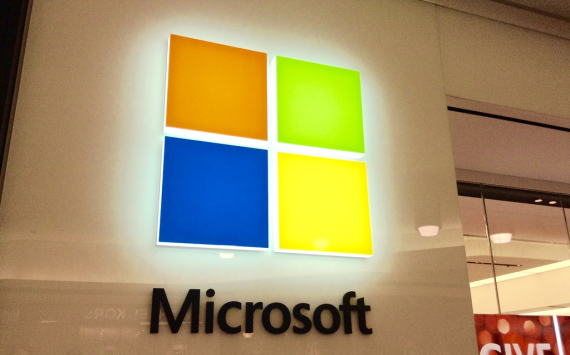
The rise of fraud
According to the Federal Trade Commission, losses to victims of fraud related to the Covid virus have risen above $500 million, as scammers defraud people using a variety of deception schemes ranging from online shopping, travel, etc.
The agency has received more than 558,000 pandemic-related complaints from consumers since the beginning of last year.
More than half of the complaints were fraud-related, resulting in a total loss of $501 million. According to the agency, people lost about $370.
Susan Grant, director of consumer protection and privacy at the Consumer Federation of America, said: "Fraudsters are always taking advantage of the situations that are going on in the world."
According to federal data, scammers have used a variety of ways to steal money from American residents, including scams that involved online shopping and government stimulus funds during the COVID-19 pandemic, as well as travel.
Consumer complaints
Also, according to state and local consumer agencies interviewed for the Consumer Federation report, which was released Monday, the most common problem associated with the 2020 pandemic was overpricing. Consumers had to complain about high prices of consumer goods.
Also, Agencies received complaints that were related to the pandemic about other things that unsatisfied them, such as schools, childcare, travel cancellations and the like, the report said.
What's more, online shopping fraud is the one consumers complain about the most. There are 53,000 complaints.
Because of the pandemic, a large proportion of people in America have started to order online, due to the fact that most of their time is spent at home. Unfortunately, many have fallen victim to fraudulent websites, which confidently claim to be selling goods that are in high demand at the moment.
As the FTC notes, victims have lost the most money due to fraud in the travel category. Most of the fraudulent schemes are cancellations and refunds.
The Better Business Bureau also notes that travel has increased since American residents became inoculated against COVID-19, and scammers are taking advantage of this by setting up unofficial travel websites.











































